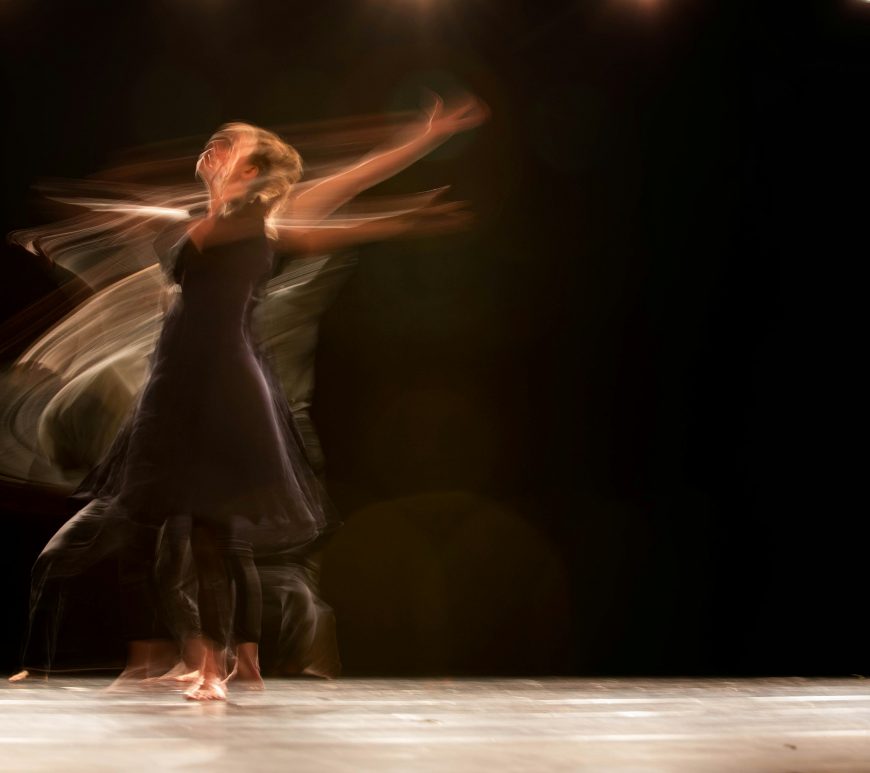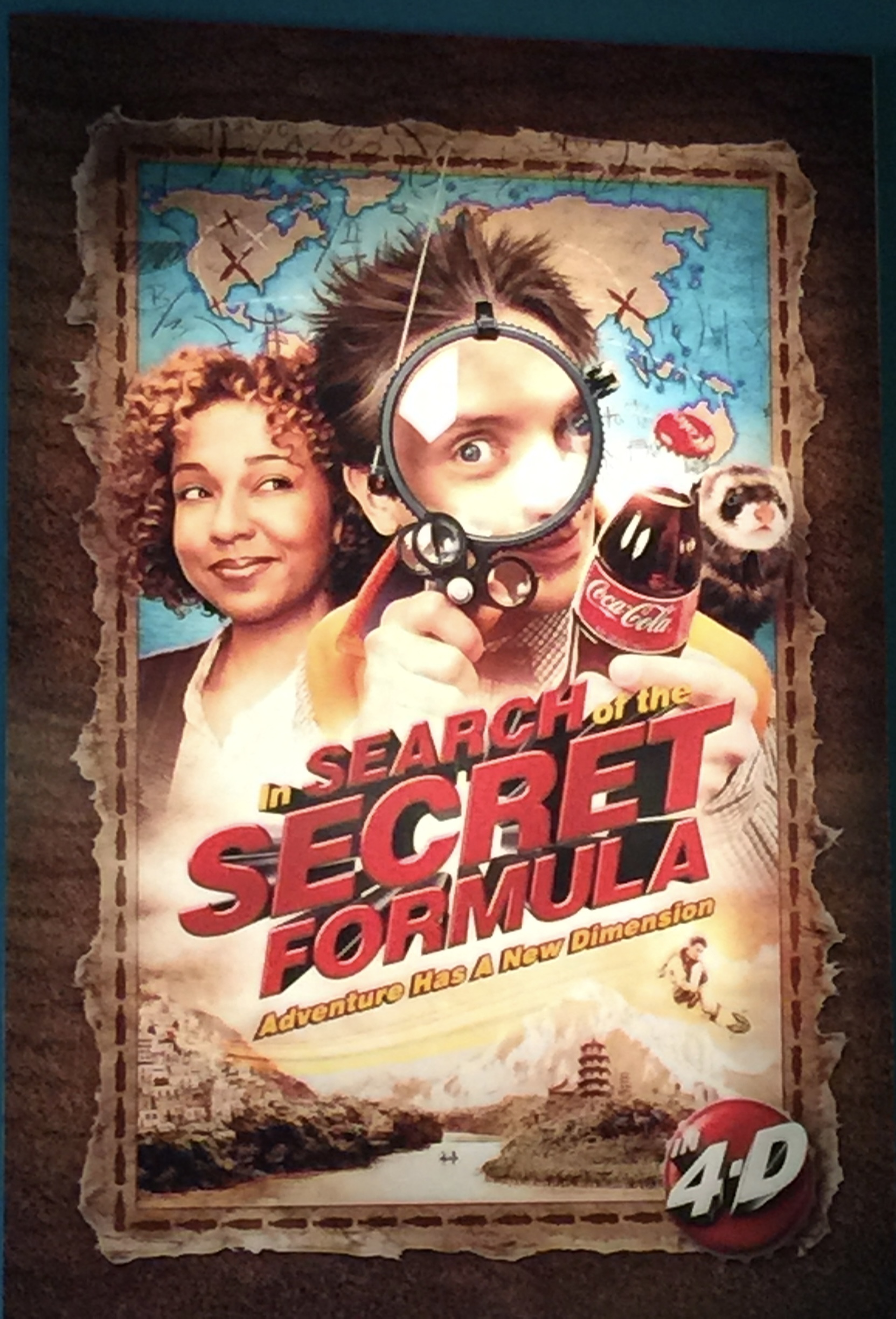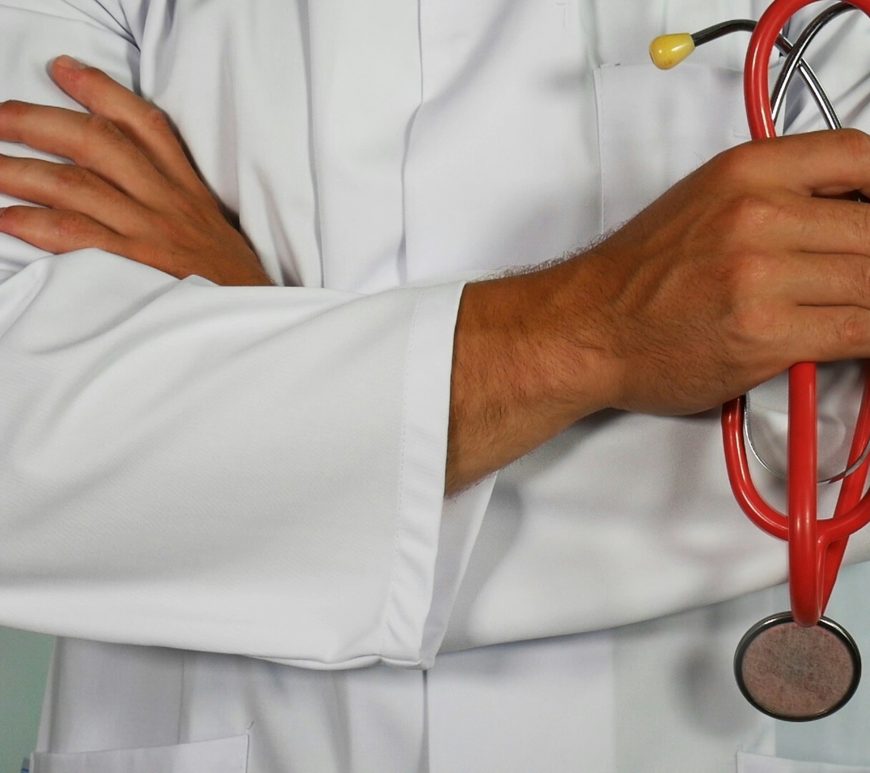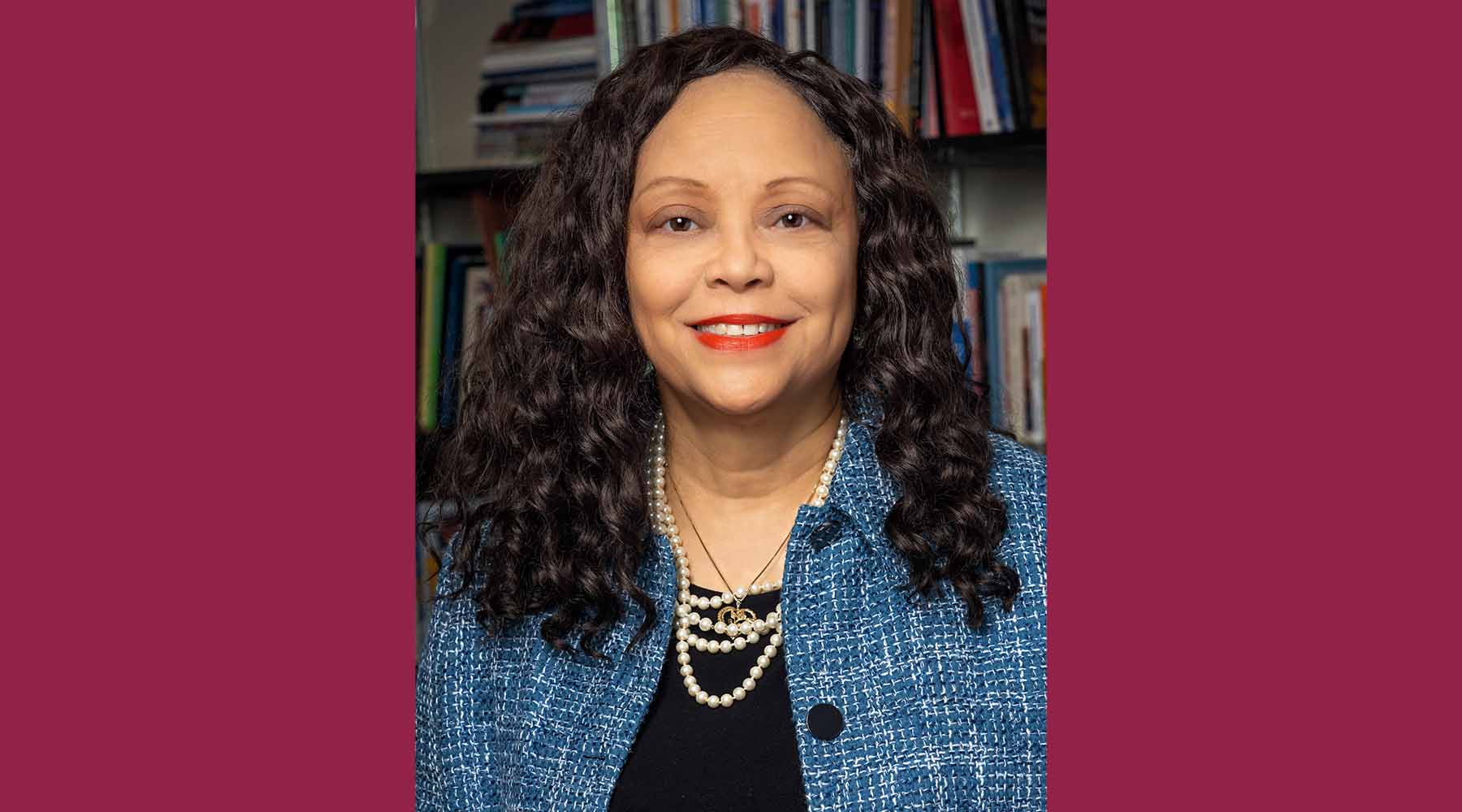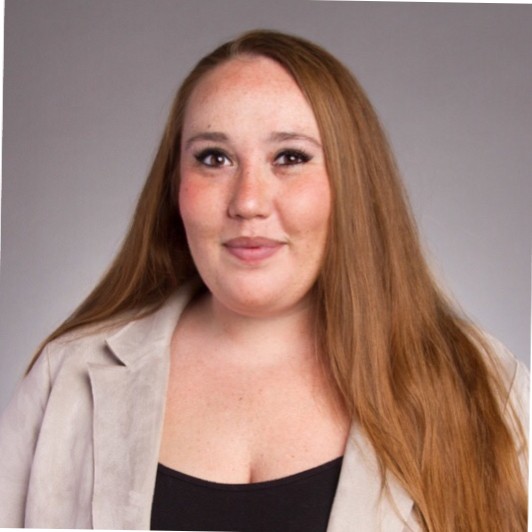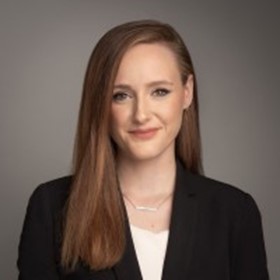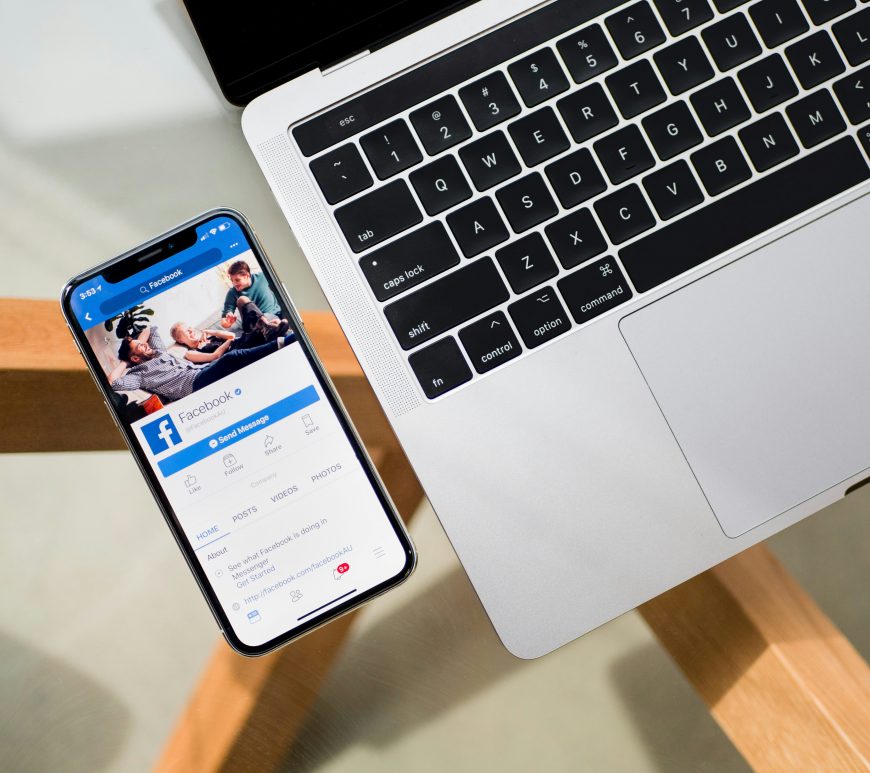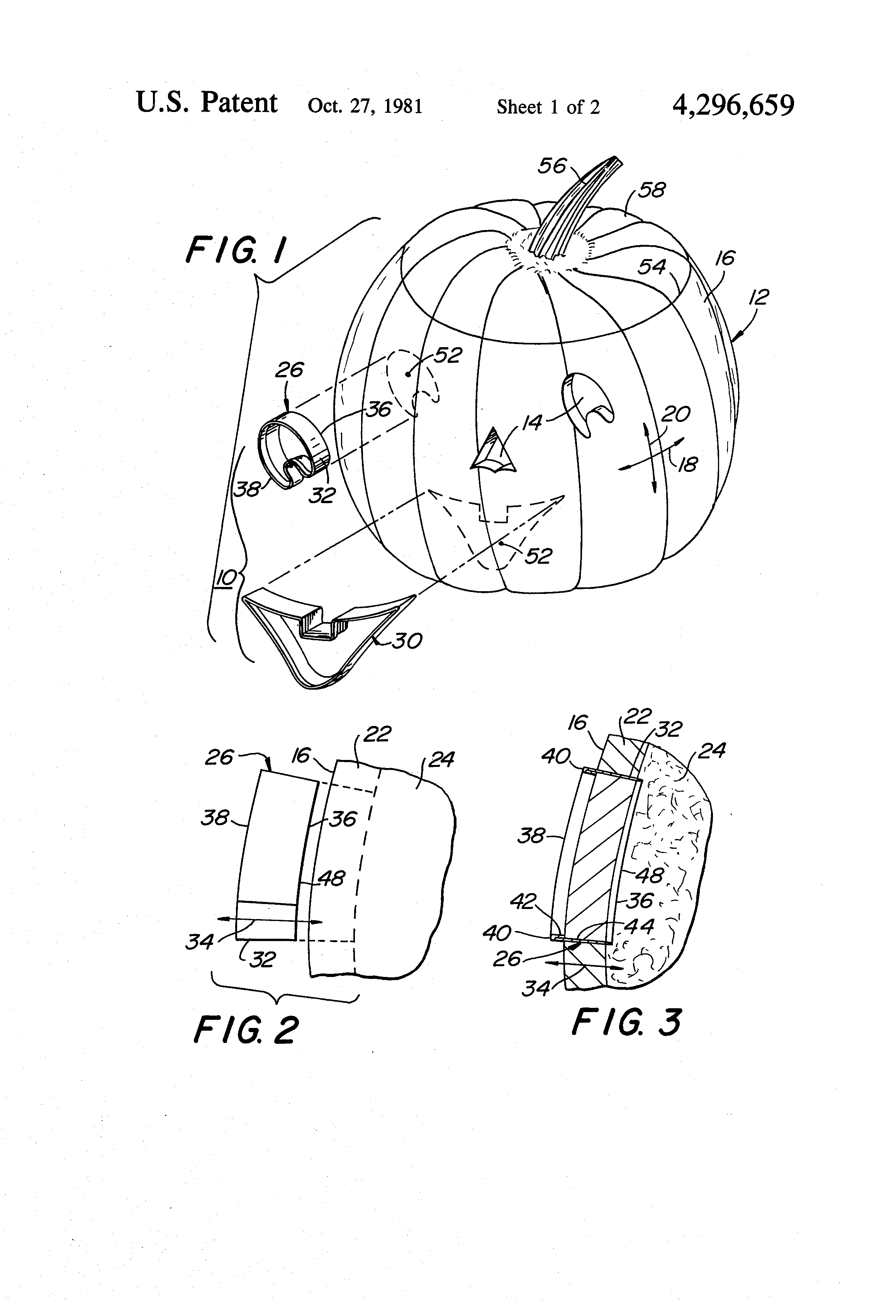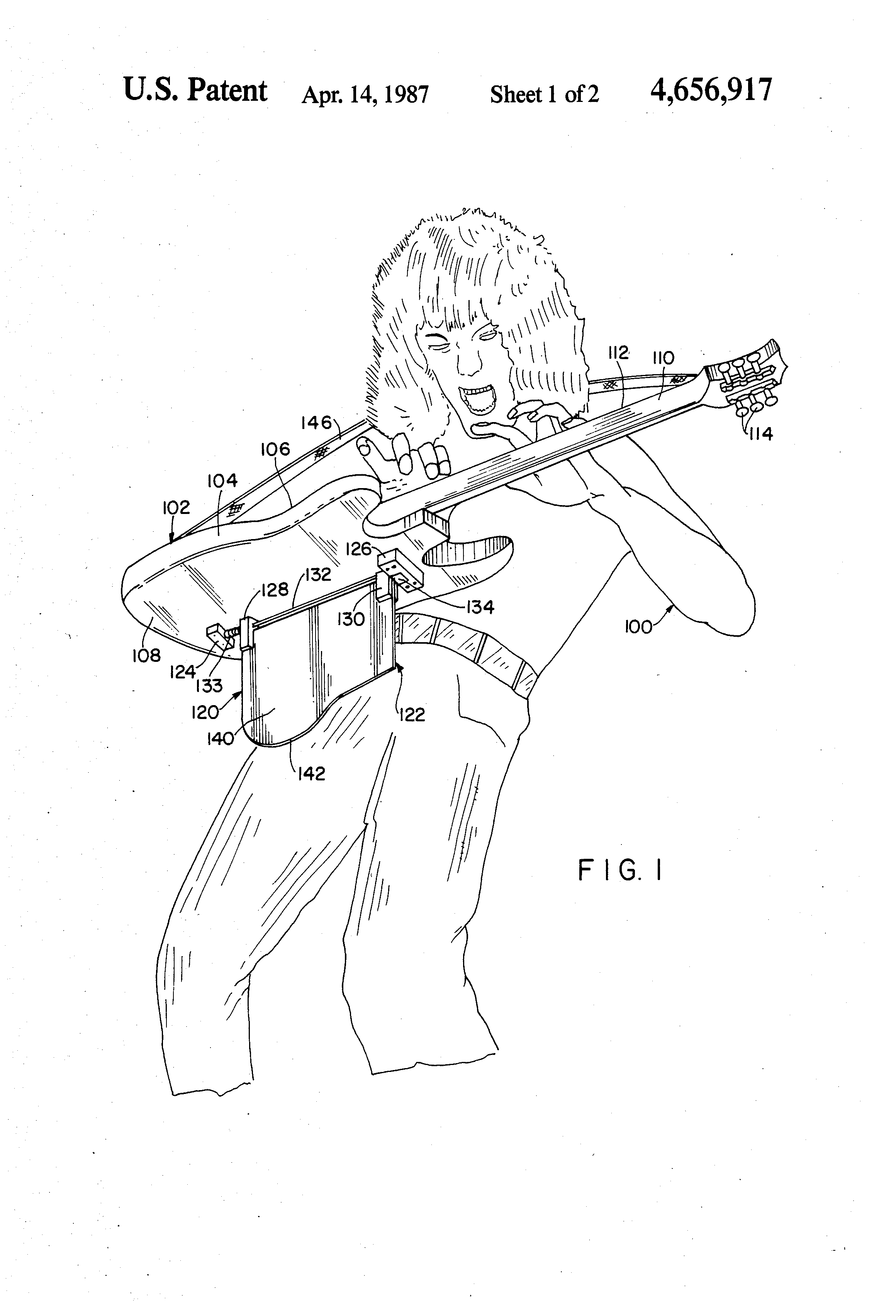
The Sound of Science: Musicians Who Were Also Inventors
When people think about musicians, they usually don’t think inventor. But some musicians broke the mold when they patented their inventions. Let’s explore these true renaissance people. We should make note of these talented folks who generally own both copyright on their music (and sound recordings) AND patents on their inventions
Continue reading “The Sound of Science: Musicians Who Were Also Inventors”
